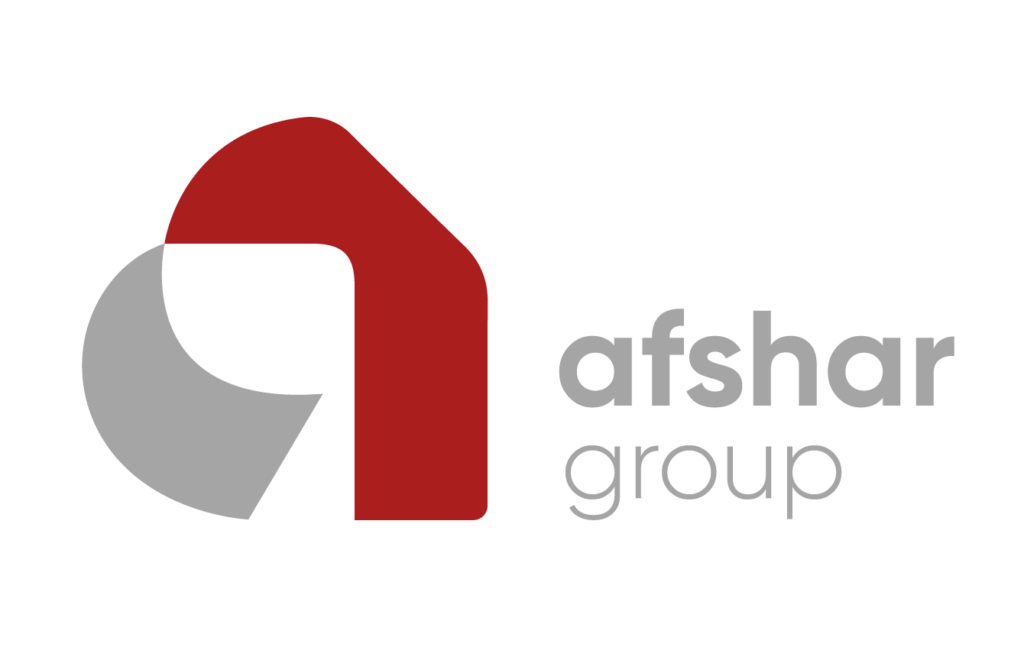Trade in Afghanistan: Exports, Imports, and Challenges
Trade plays a vital role in the Afghan economy. Despite numerous challenges, Afghanistan presents significant opportunities for trade and investment.
Exports:
- Major Export Products: Afghanistan primarily exports agricultural products such as dried fruits, saffron, and legumes. Carpets, precious stones, and handicrafts are among other export items.
- Export Markets: Pakistan, India, China, and the European Union are among Afghanistan’s key trading partners.
- Export Challenges: Afghanistan faces challenges like weak infrastructure, complex bureaucracy, and insecurity in some regions, negatively impacting exports.
Imports:
- Major Import Products: Afghanistan imports a wide range of goods, including food, petroleum products, machinery, and consumer goods.
- Import Markets: Pakistan, Iran, China, and the United Arab Emirates are Afghanistan’s primary trading partners for imports.
- Import Challenges: Import reliance, high tariffs, and corruption are among the import challenges in Afghanistan.
Trade Development:
- Government Actions: The Afghan government is making efforts to facilitate trade and attract foreign investment. These include reforming laws and regulations, improving infrastructure, and promoting free trade.
- Private Sector Role: The Afghan private sector plays a crucial role in trade development. Chambers of commerce and industry operate across the country, seeking new trade and investment opportunities.
- Potential Opportunities: Afghanistan holds substantial potential to expand trade in various sectors, including agriculture, mining, and tourism.
Real Estate Transactions in Afghanistan: Laws, Procedures, and Challenges
Real estate transactions in Afghanistan are complex processes influenced by various factors, including laws, procedures, and the country’s economic and political conditions.
Laws:
- Property Law: Afghanistan’s Constitution recognizes and protects property rights. The Civil Law also provides regulations for real estate transactions.
- Property Registration: Property registration is mandatory in Afghanistan and essential for ensuring ownership and preventing fraud. The Department of Land Registry and Cadastre handles property registration.
- Contracts: Real estate transactions must involve a written contract. This contract should include details like parties’ information, property specifications, sale price, and payment terms.
Procedures:
- Finding a Property: Buyers can find suitable properties through real estate agencies, property websites, or newspaper advertisements.
- Negotiation: Upon finding a desired property, the buyer and seller must agree on the price and sale terms.
- Contract Drafting: A lawyer or legal advisor should draft the sale and purchase agreement.
- Contract Registration: After signing, the contract must be registered with the Department of Land Registry and Cadastre.
- Payment: The buyer must pay the seller the purchase amount according to the agreed-upon terms in the contract.
Challenges:
- Insecurity: Insecurity in some parts of Afghanistan can hinder real estate transactions.
- Corruption: Administrative corruption in Afghanistan can impede transparent and efficient real estate dealings.
- Weak Infrastructure: Weak infrastructure, such as an inefficient land registration system, can complicate and slow down real estate transactions.
- Lack of Transparency: The Afghan real estate market lacks sufficient transparency, and buyers may encounter unrealistic prices or scams.
Currency Exchange Services in Afghanistan:
Currency exchange houses play a vital role in facilitating currency transactions and money transfers in Afghanistan. They offer various services, including buying and selling currencies, international remittances, and cash payments.
Types of Currency Exchange Houses:
- Bank-Owned Currency Exchange Houses: These are operated by banks and typically offer competitive rates.
- Non-Bank Currency Exchange Houses: These are privately owned and may offer varying rates.
- Online Currency Exchange Houses: These allow customers to buy and sell currencies online.
Services Offered:
- Buying and Selling Currencies: Currency exchange houses handle various currencies, including USD, EUR, GBP, and AFN.
- International Remittances: They can send and receive money to bank accounts worldwide.
- Cash Payments: Some currency exchange houses also offer cash payment services, enabling you to receive or pay currencies in cash.
Using Currency Exchange Services:
- To use currency exchange services, you must first verify your identity by providing identification documents like a passport or national ID card.
- Next, inform the teller of the desired service (buying currency, sending remittances, etc.).
- Upon agreeing on the exchange rate, pay the teller the required amount.
- The teller will then provide you with the currency or remittance.
Afshar Group will be with you throughout all of these services.

